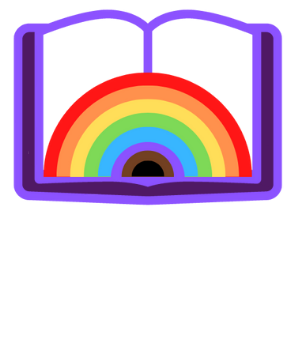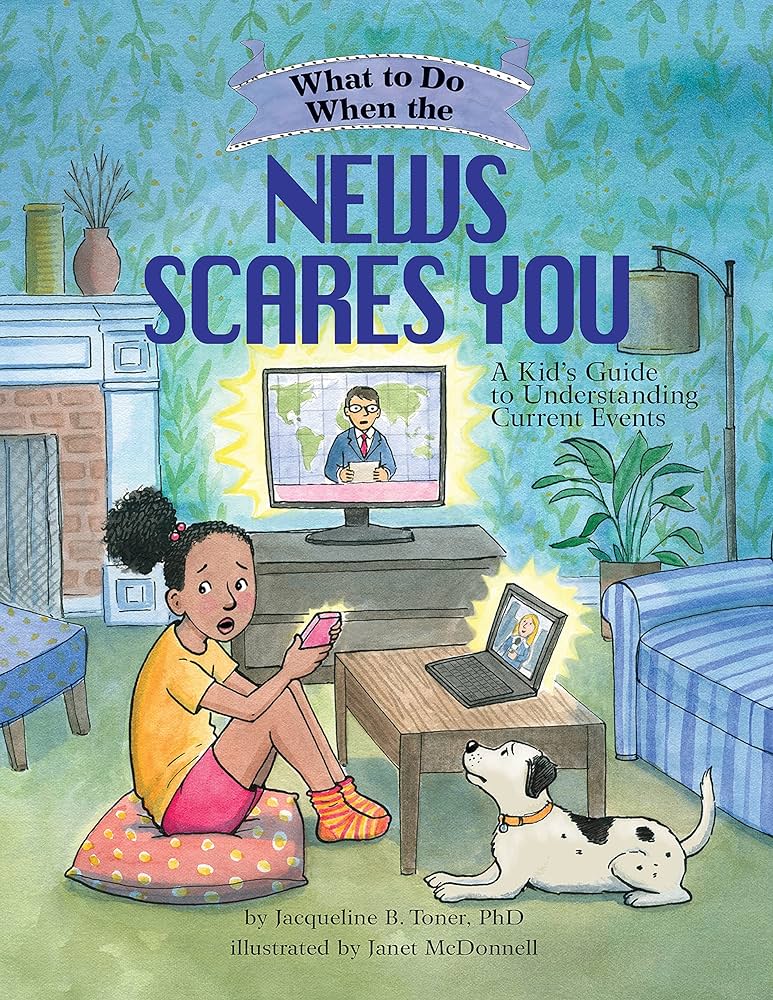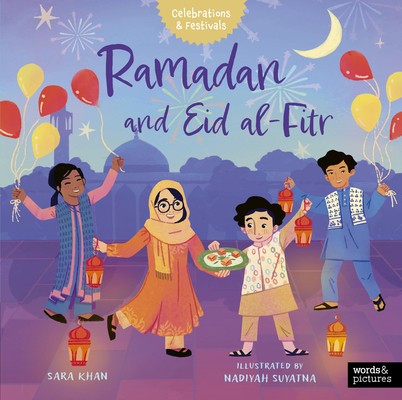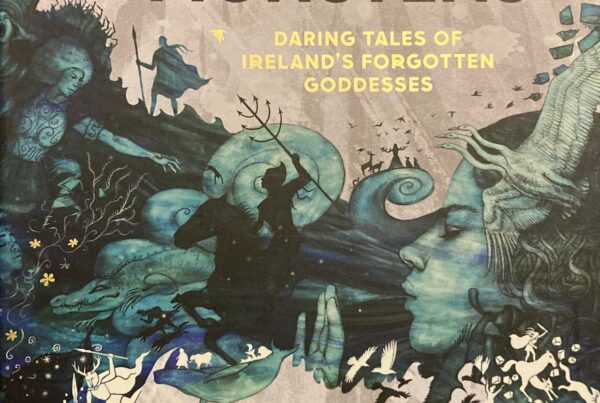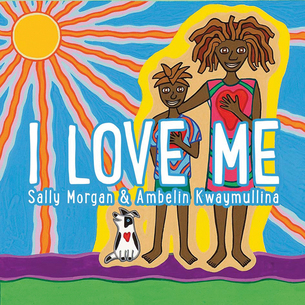”Parents can't shield children from these events completely. The reality is that children and young people are bombarded by 24/7 news.
Dr Bernadka DubickaRoyal College of Psychiatrists
Trying to hide the news isn't helpful because they'll hear about it elsewhere and parents won't then be there to take them through it.
Here we are.
Once again.
Trying to come to terms with tragedy.
With death.
With inhumanity.
Writ large on our screens.
Across the news channels — print, online, television.
In conversations.
Whispered.
Hushed.
Shouted.
Accusatorily.
So, this is an update to our post No Man Is An Island: Books For Helping Children After A Tragedy.
I am not going to repeat the books – nor my beloved John Donne meditation.
I have highlighted conversation tips instead.
I first gathered these for my local families, after the March 2019 Christchurch Mosque terrorist attack.
That we need these resources at all, is an indictment.
~ Anne Coppell.
”Children need to make sense of things that happen. They often don’t have all the facts and their thinking is not yet mature so they use imagination to fill the gaps. It’s better to tell children what has happened. Giving them the facts (but without unnecessary detail) helps prevent their imagination taking over.
New Zealand Ministry of Health

